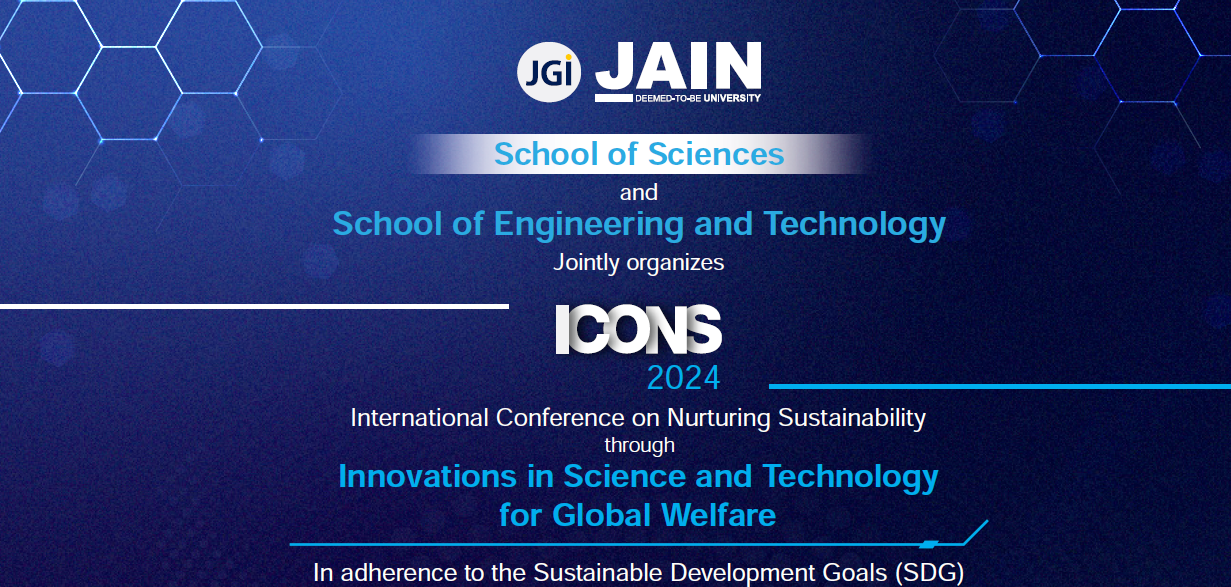Speaker
Description
By implementing new technology strategies, the healthcare industry is reorienting its attention toward service improvement. In order to help the general population with basic medical care needs, this project suggests developing a 24/7 healthcare chatbot system. Through conversational interfaces, the suggested AI system would analyze symptoms of patients and medical histories to imitate a doctor's diagnostic process. A thorough development procedure involving cooperation between technologists and medical specialists is essential. The chatbot's goal is to reduce front-line healthcare workers' burden by offering easily accessible self-diagnostic and medical advisory abilities, particularly in times of increased demand or resource restrictions. Healthcare chat bots is an attempt to help regular people with their primary healthcare needs by lessening the pressure on medical frontline workers, with the growing need for medical services and the scarcity of resources. The healthcare chatbot is dependable to use because it can manage a lot of requests for assistance at once. Just the most up-to-date information from the chatbot's database is used to answer medical questions. The chatbot functions as a self-diagnostic tool, possibly relieving the burden on healthcare resources, even if it is not meant to replace expert medical consultations. This is a particularly useful tool during epidemics when access to personal medical attention is limited.
Keywords: Health care, Artificial intelligence, Disease diagnosis, ML, charbot

